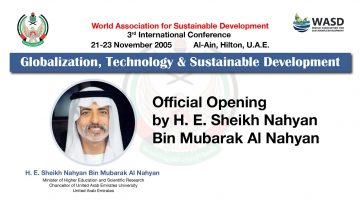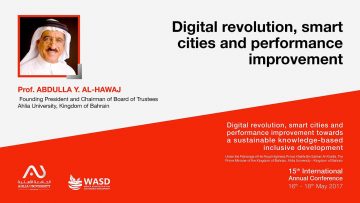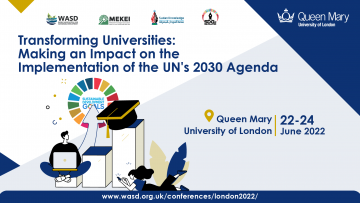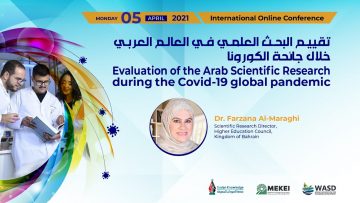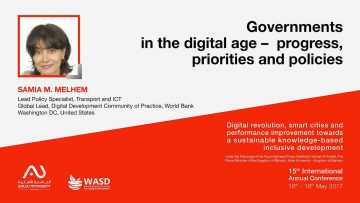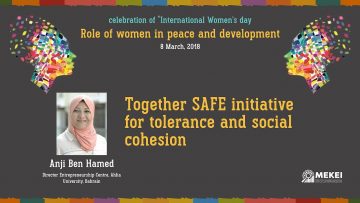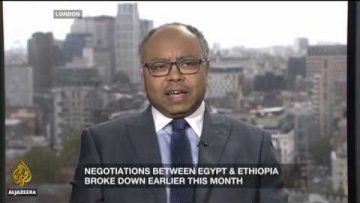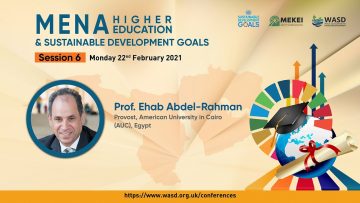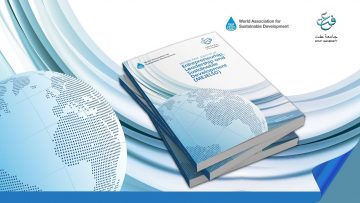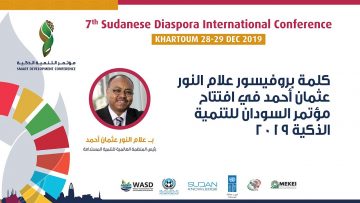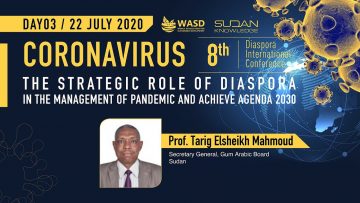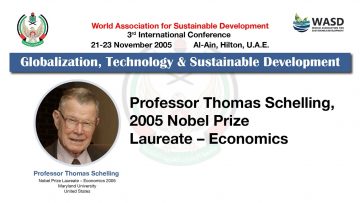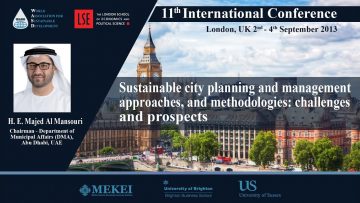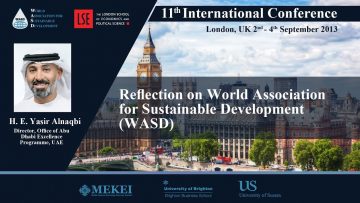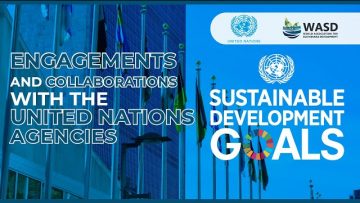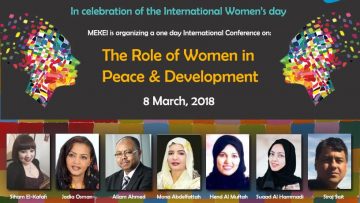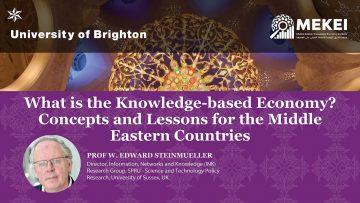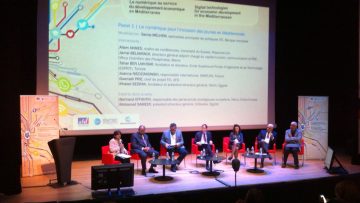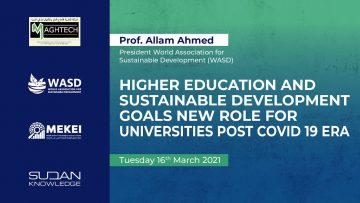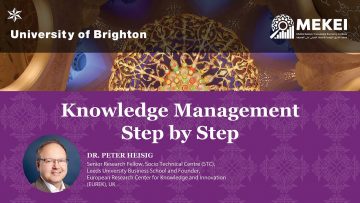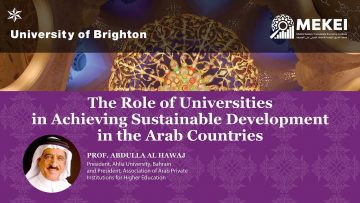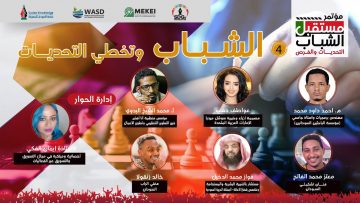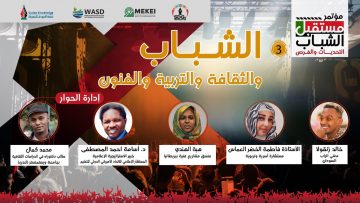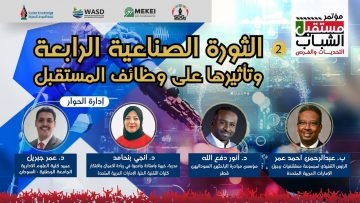(73) Effect and Impact of the Coronavirus Pandemic (COVID-19) on Tourism Industry in India: A review, Abdul Jamal, Dr. Arumugam Sankaran, Dr. Shahul Hameed, Dr. Siham El-Kafafi and Dr. Yasmeen Sultana
Dr. Abdul Jamal
Department of Economics, The New College (University of Madras), India
e-mail: abduljamal@gmail.com
Dr. Arumugam Sankaran
Department of Economics, Pondicherry University, Pondicherry, India
e-mail: sankaranecopu@gmail.com
Dr. Shahul Hameed
TeWānanga o Aotearoa, Mangere, New Zealand
e-mail: shahul.hameed@twoa.ac.nz
Dr. Siham El-Kafafi
Arrows Research Consultancy Limited, New Zealand
e-mail: selkafafi@gmail.com
Dr. Yasmeen Sultana
Department of Economics, Pondicherry University, Pondicherry, India
e-mail: yasmin.sultana@gmail.com
DOI: 10.47556/J.IJIKMMENA.8.1.2020.6
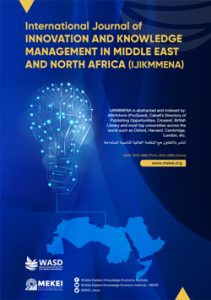 Purpose: The rapid outbreak of coronavirus (COVID-19) not only affected the global economy on a massive scale but also challenged human life. The rapid spread of the virus modified normal economic activities and pushed some production centres into vicious circles. As per the World Health Organization’s (WHO) dashboard report, this dangerous virus pandemic has resulted in over 4.3 million confirmed cases and over 549,000 deaths (9 July 2020). In the case of India, tourism is one of the evergreen industries, contributing 9.3% to gross domestic product (GDP) in 2018; this was expected to increase to around 10% by 2028 (WTTC, 2020). However, the outbreak of this virus paralysed the tourism industry by threatening both global and domestic tourists. Against this background, the key objective of this research is to explore the impact of COVID-19 in the Indian context with statistical evidence. Further, the secondary objective of the
Purpose: The rapid outbreak of coronavirus (COVID-19) not only affected the global economy on a massive scale but also challenged human life. The rapid spread of the virus modified normal economic activities and pushed some production centres into vicious circles. As per the World Health Organization’s (WHO) dashboard report, this dangerous virus pandemic has resulted in over 4.3 million confirmed cases and over 549,000 deaths (9 July 2020). In the case of India, tourism is one of the evergreen industries, contributing 9.3% to gross domestic product (GDP) in 2018; this was expected to increase to around 10% by 2028 (WTTC, 2020). However, the outbreak of this virus paralysed the tourism industry by threatening both global and domestic tourists. Against this background, the key objective of this research is to explore the impact of COVID-19 in the Indian context with statistical evidence. Further, the secondary objective of the
present study is to offer probable solutions based on the key insights observed from different sources.
Design/Methodology/Approach: The existing body of literature portrays that the continuous spread of COVID-19 has converted the tourism industry into a more or less inanimate sector, and the people directly and indirectly depending on the tourism sector fell into a vicious circle of poverty. Therefore, in order to examine the impact of COVID-19 on the tourism sector, a descriptive method has been used in this study. In order to display a clear spectrum on the impact in the tourism industry, both qualitative and quantitative data have been used. The necessary information is sourced from published articles, reports published by global level organisations and websites. The collected data are critically analysed to observe the clear picture about the above mentioned issues. The probable solutions are presented; these are derived from the ground realities and envisaged from governments’ reports.
Findings: The present research found that COVID-19 has paralysed the tourism industry of both developed and developing countries. Mention should be made here about tourism driven countries that have lost their people’s livelihood and are fighting for their minimum survival. In the Indian context, COVID-19 not only affected the tourism industry as a whole but the penetration of effects is severe in ancillary industries such as hotels, restaurants, markets in tourist areas and travel industries. Ultimately, there has been a downturn trend of GDP, and the lives of people have been put in doubt.
Research limitations/implications: As datasets and high-quality materials are very limited in this area, the present study relies mostly on Internet sources and a few published articles. Although the present study presented a broad spectrum about the impact of COVID-19 on global tourism, the main focus of the paper is to measure the impact in the Indian context.
Originality/Value: To the best of the researchers’ knowledge, this is the first study from the Indian context to shed some light on the impact of COVID-19 on the tourism industry. The content of the paper is a broad spectrum about the above mentioned issues and the suggestions of the study will be useful for policy modelling.
Keywords: Tourism Industry, COVID-19, Pandemic, Economic Impact, Social Distancing, Quarantine.





